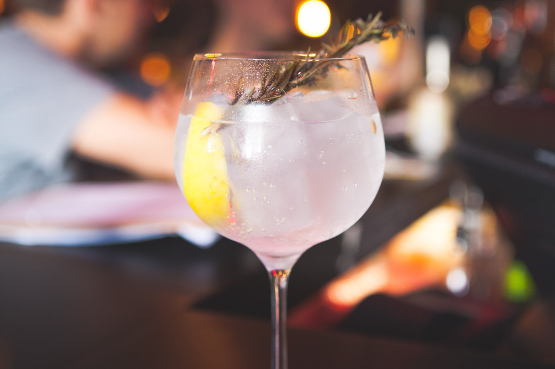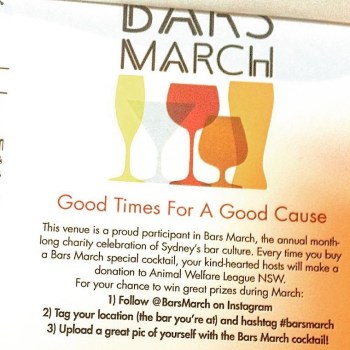By Andy Young, editor TheShout
Greens leader Richard Di Natale has called for a 20 per cent “sugar tax” on soft drinks, which he says could lead to a 12 per cent fall in consumption.
The UK government recently introduced a similar tax and the Greens claim that the measure would collect around $500 million a year. The tax would add around 20 cents to the price of most soft drinks in a supermarket.
The UK tax will apply from 2018 and will see two separate tax rates added to drinks depending on the sugar content. The Greens’ proposal is for a flat 20 per cent tax to apply to all water-based drinks which contain more than five grams of sugar per 100ml.
Di Natale said the tax would help fight Australia’s obesity problems, but Liberal senator Ian Macdonald hit back claiming the Greens were looking to “destroy” Queensland’s sugar industry by calling for the tax.
Townsville-based senator Macdonald said: “A sugar tax will sound the death knell for this industry, which employs 16,000 people in this state, most of whom are small family-owned businesses. The Greens are determined to ruin the tourist industry with inflated and false claims about the state of the Barrier Reef, and they are now starting on the sugar industry.”
The concept of a sugar tax is something that has been widely pushed by celebrity chef Jamie Oliver, but rural health minister Fiona Nash told Fairfax Media that the idea was “a lazy solution to a complex problem.”
Responding to the Greens proposal Australian Beverages Council CEO, Geoff Parker said: “We are disappointed by the extremely simplistic approach being taken by the Australian Greens in relation to tackling obesity rates.
“There is no substantial evidence globally that a soft drink tax would have any meaningful impact on improving community health. In fact, research from the McKinsey Global Institute found that a 10 per cent tax on high-sugar products would be one of the least effective measures in combatting obesity, ranking 14th out of 17 intervention methods [1]. In contrast, portion control had the highest estimated impact with the most cost effective measures.
“The experience in Mexico cited in today’s media reports is also far from conclusive. Per capita soft drink consumption in Mexico was falling well before the introduction of a tax and there is little evidence their discriminatory tax has had the effects claimed today.
“The soft drink category contributes just 1.7 per cent of the daily intake of kilojoules for Australian adults [2]. In addition, nearly one in two drinks consumed is a non-sugar variety (42 per cent volume share in 2011, compared to 30 per cent in 1997) [3].”
Parker added: “We welcome statements from the Government acknowledging the complex nature of the fight against obesity and their opposition to a beverage tax. We hope the federal Opposition will join with the Government and rule out a tax and rather focus on measures that research shows will have a greater impact.
“As an industry, we see education, access to information and moderation in consumption are the best methods to combat the issue of obesity. Beverage consumption is a personal choice and soft drink can safely maintain a place within a balanced diet.”
1 Overcoming obesity: An initial economic analysis – McKinsey Global Institute 2014
2 Quenching Australia’s thirst: A trend analysis of water-based beverage sales from 1997 to 2011, Gina S. LEVY and William S. SHRAPNEL – Nutrition & Dietetics 2014
3 Secondary analysis of non-alcoholic beverage consumption from the Australian National Health Survey, (commissioned by the Australian Beverages Council and undertaken by the CSIRO), 2015



